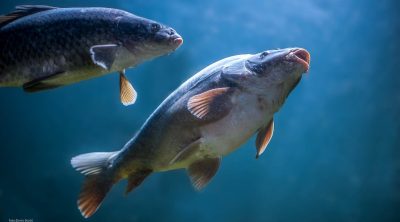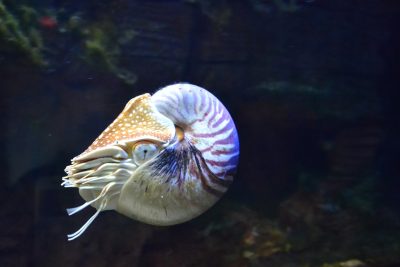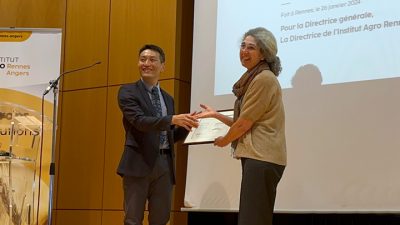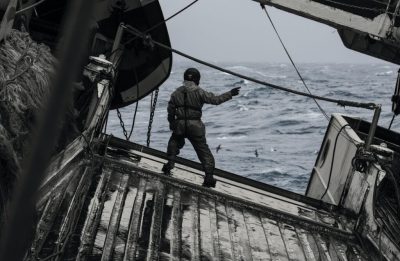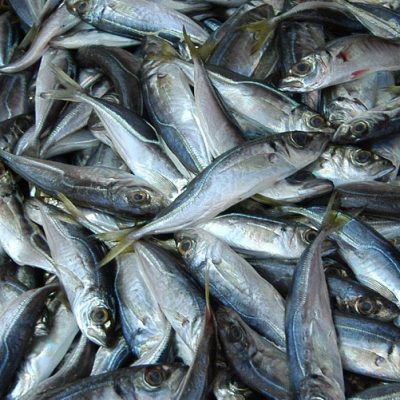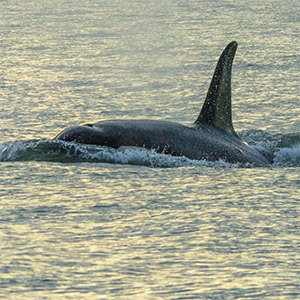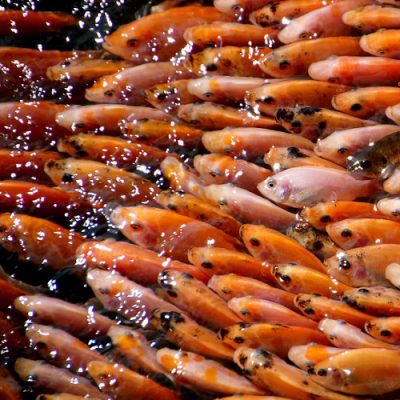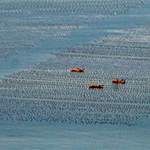New study reinforces link between gill size and oxygen uptake in fish
Data from 33 fish species further supports the argument that small differences between fish’s oxygen consumption increase and gill surface area growth do not invalidate the principles of the Gill Oxygen Limitation Theory (GOLT).
New FCRR: Marine and Freshwater Miscellanea V
This report presents a valuable collection of studies that contribute to both foundational research and impactful discussion in fisheries science and marine ecology.
IOF faculty members receive funding from Government of Canada
Dr. Marie Auger-Méthé’s Canada Research Chair in Statistical Ecology (Tier II) was renewed, and she, along with Dr. William Cheung and Dr. David Rosen received NSERC Discovery Grant funding.
New FCRR: Gill size and temperature as governing factors in fish growth: A generalization of von Bertalanffy’s growth formula (2nd edition)
Want to read Dr. Daniel Pauly’s PhD thesis? This FCRR contains the 1979 dissertation, but with minor typographical errors corrected and tables and figures reorganized for clarity.
Dr. William Cheung awarded Doctor Honoris Causa degree by Institut Agro
Dr. Cheung will receive this award on Friday, January 26, 2024, at which time he will also present an Open Lecture on the theme: “The future of fish and fisheries under climate change.”
Fish buffered from recent marine heatwaves, showing there’s still time to act on climate change
Fish were surprisingly resilient to marine heatwaves before 2019, highlighting the need to keep seas from warming further, according to new research.
Keep growing – Fish’s growth is not reduced by spawning
Contrary to what is stated in biology textbooks, the growth of fish doesn’t slow down when and because they start spawning. In fact, their growth accelerates after they reproduce, according to a new article published in Science.
Food quality matters for southern resident killer whales, UBC study states
If southern resident killer whales ate just low-lipid salmon, they would have to eat around 80,000 more Chinook salmon every year than if they just ate high-lipid salmon.
Expecting aquaculture to ‘feed the world’ may be unrealistic, UBC-led study shows
Trends in global aquaculture growth rates reveal that the 101 million tonnes of farmed fish intergovernmental bodies expect countries to produce by 2030 may be unrealistic.
